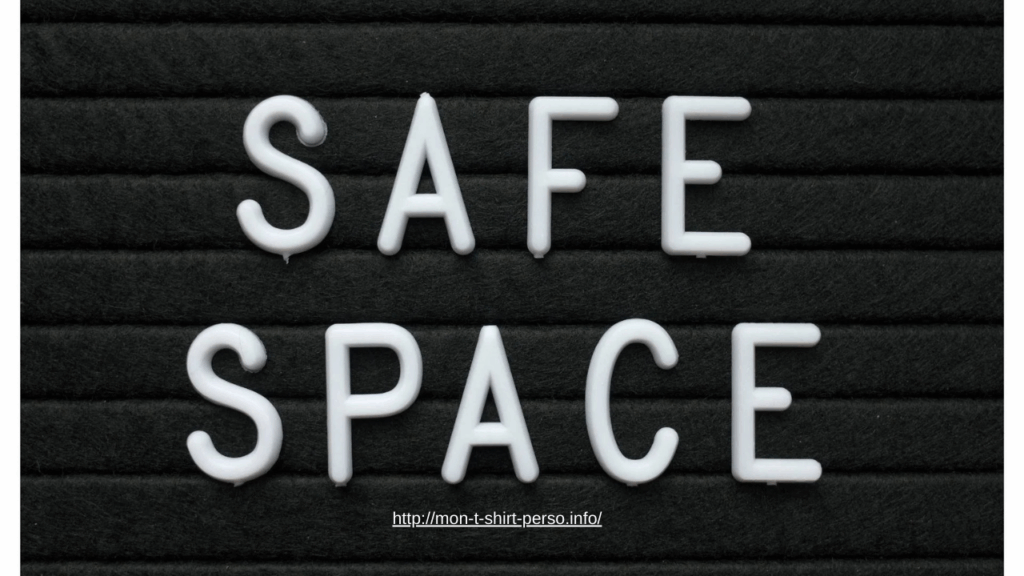
Why Safe Spaces Matter in Healing
Recovery from addiction and mental health struggles is not just about abstaining from harmful behaviors. It is about building an environment where individuals feel safe to open up, share their struggles, and explore their emotions without fear of judgment. Safe spaces are more than physical rooms. They are supportive environments that foster trust, respect, and understanding.
At [Name of Website], we understand that true healing begins when people feel seen, heard, and valued. By creating safe spaces for open emotional dialogue, we give clients the opportunity to express themselves freely, work through their challenges, and connect with others who understand their journey.
The Connection Between Emotional Dialogue and Recovery
Addiction often develops as a way to cope with unspoken pain. When individuals feel unable to express fear, sadness, or shame, substances can become a way to numb those emotions. Safe environments, however, provide a healthy alternative.
How Open Dialogue Supports Recovery
- Reduces isolation: Speaking openly lessens feelings of loneliness and builds meaningful connections.
- Strengthens resilience: Talking through emotions allows clients to find strength in vulnerability.
- Improves coping strategies: Open dialogue helps identify healthier ways to handle stress and triggers.
- Encourages accountability: When emotions are expressed honestly, individuals can receive support and guidance that keeps them aligned with recovery goals.
Creating Safe Spaces in Treatment
Building a safe environment requires intention and consistency. It is not only about the setting but also the attitudes, practices, and relationships that support recovery.
Key Elements of Safe Spaces
- Compassionate listening: Staff and peers must listen without judgment, showing respect for every story.
- Confidentiality and trust: Knowing that what is shared will stay private encourages honest dialogue.
- Holistic approaches: Incorporating art, music, or mindfulness practices gives clients more than one way to express emotions.
- Faith-based support: For those who value spirituality, prayer and reflection can offer comfort and strength in safe, guided spaces.
- Individualized care: Each person’s needs are unique, and treatment must adapt to support those differences.
Practical Ways to Encourage Open Dialogue
Creating safe spaces goes beyond structured therapy sessions. It also includes everyday practices that nurture trust and authenticity.
- Group therapy: Peer discussions provide an outlet for shared experiences and encouragement.
- One-on-one counseling: Personalized sessions allow individuals to process emotions at their own pace.
- Family involvement: When loved ones are included in a safe and guided environment, relationships can begin to heal.
- Community integration: Encouraging connection beyond treatment settings helps clients build supportive networks for long-term recovery.
Healing Through Safe Spaces
Recovery is not a solitary path. It requires environments where people can speak their truth, express their emotions, and find the strength to move forward. Safe spaces are not only places of comfort but also powerful tools for transformation.
At [Name of Website], we are committed to creating environments where clients can engage in open emotional dialogue while receiving compassionate, individualized care. Whether through inpatient or outpatient programs, holistic practices, or faith-based support, our goal is to nurture both the soul and the mind.
If you are ready to take the next step toward healing, we invite you to reach out today. Safe spaces await you, and your journey to recovery can begin with a single conversation.
0 Comments